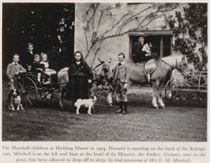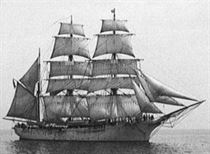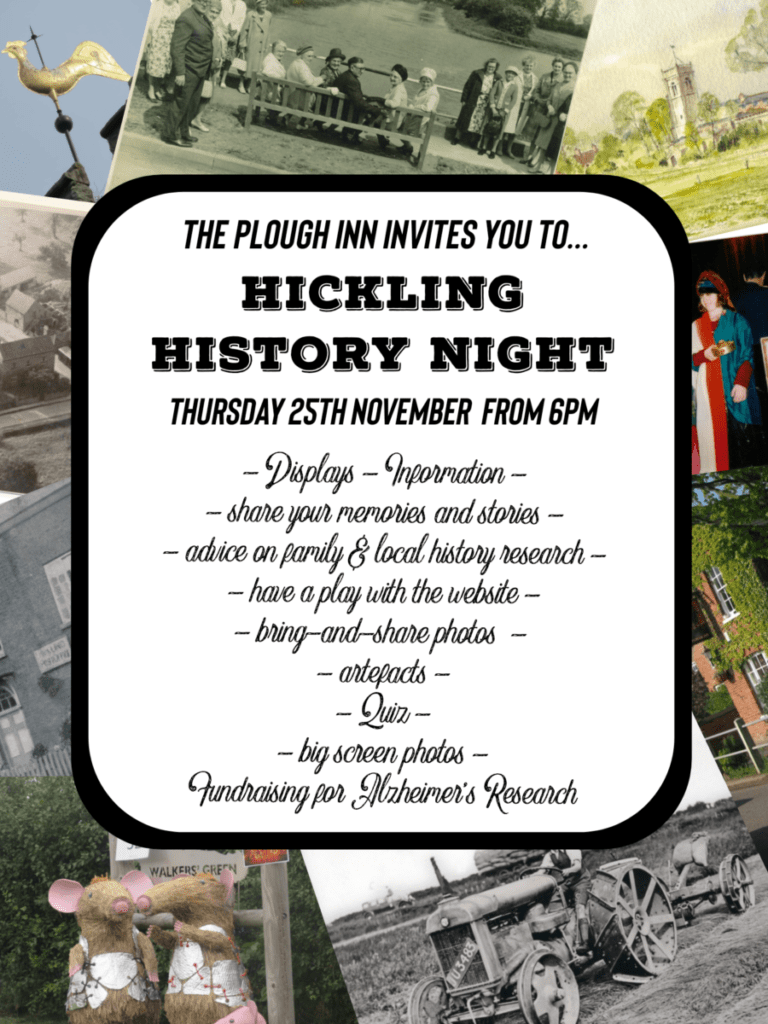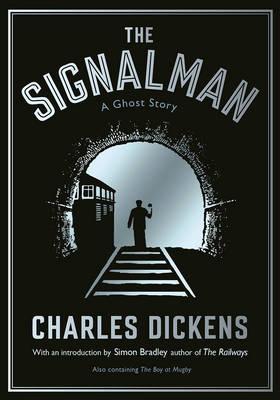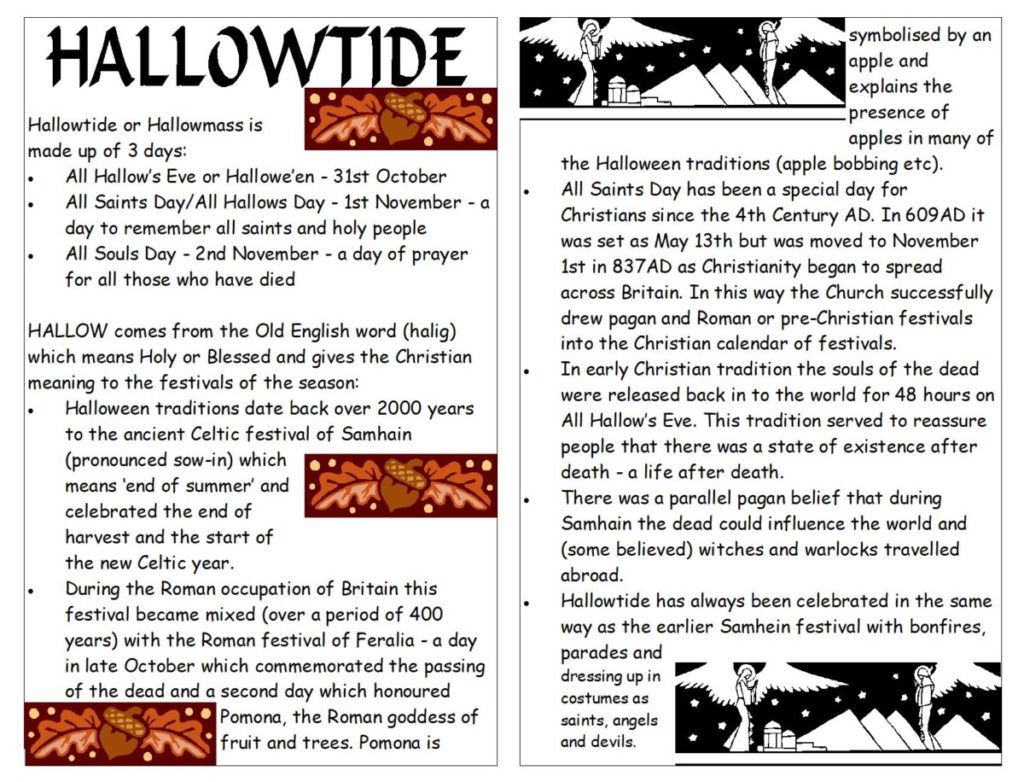& how many people will be able to search for their own records in the 1921 census?
The 1921 Census Returns will be made public on January 6th 2022 – almost 101 years after they were recorded and including 38 million lives. This Census was the first to record divorce and also the first to record detailed employment information; significantly it is the last time that most of us will be alive to see the publication of a new census – the next one will be the 1951 census in 2051/2; the 1931 Census was destroyed by fire and there was no Census in 1941 because it was war-time; thank goodness for the 1939 Register.
(Here’s a challenge: we’d like to hear from any mathematicians/epidemiologists who can work out what percentage of the population alive on January 6th 2022 will still be alive to see the next census published in 2051!)
The 1920 Census Act decreed that 100 years must elapse before census records can be opened up, although they are available for authorised research purposes via the ONS (Office National Statistics) until that time elapses. The point of waiting 100 years is to minimise the misuse of sensitive private information; however, when the 1921 Census Returns are published there will be just over 15,000 people over the age of 100 – the majority of these will be able to search for their own records in the Census Returns (in 2011 there were approx. 11,800 centenarians).
NOTE: The cost of digitising the 1921 Census Returns is being recouped through fees for downloading records; whilst this has been controversial, it is hoped that eventually access will become ‘free-to-view’ (although via subscription to the usual family history websites) – when the 1939 Register was made public on November 2nd 2015 access was more expensive than this time and fees remained in place until February 2016.
Please take a look at our Census page which includes the history and timeline of Census Records and links to further info: https://www.hicklingnottslocalhistory.com/census-records/
National Archives: 20sPeople: The 1921 Census (nationalarchives.gov.uk)

